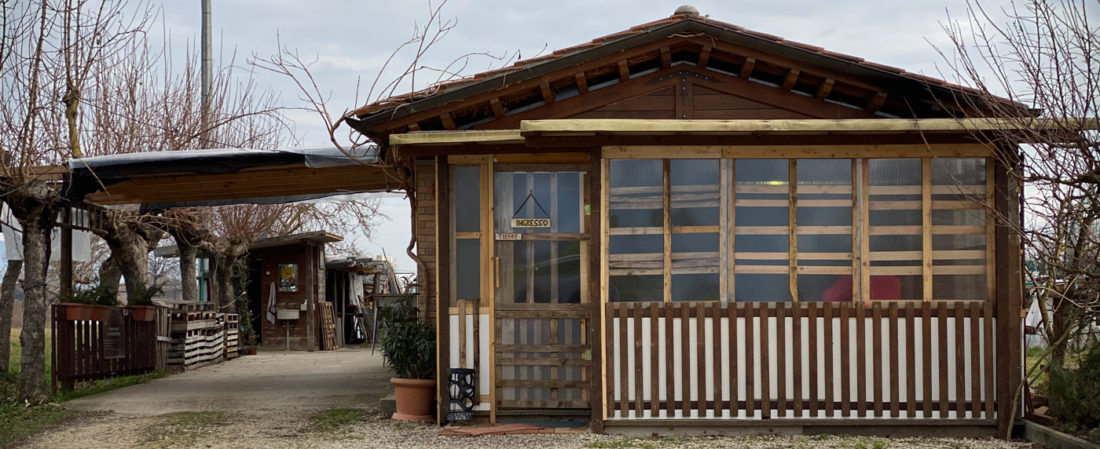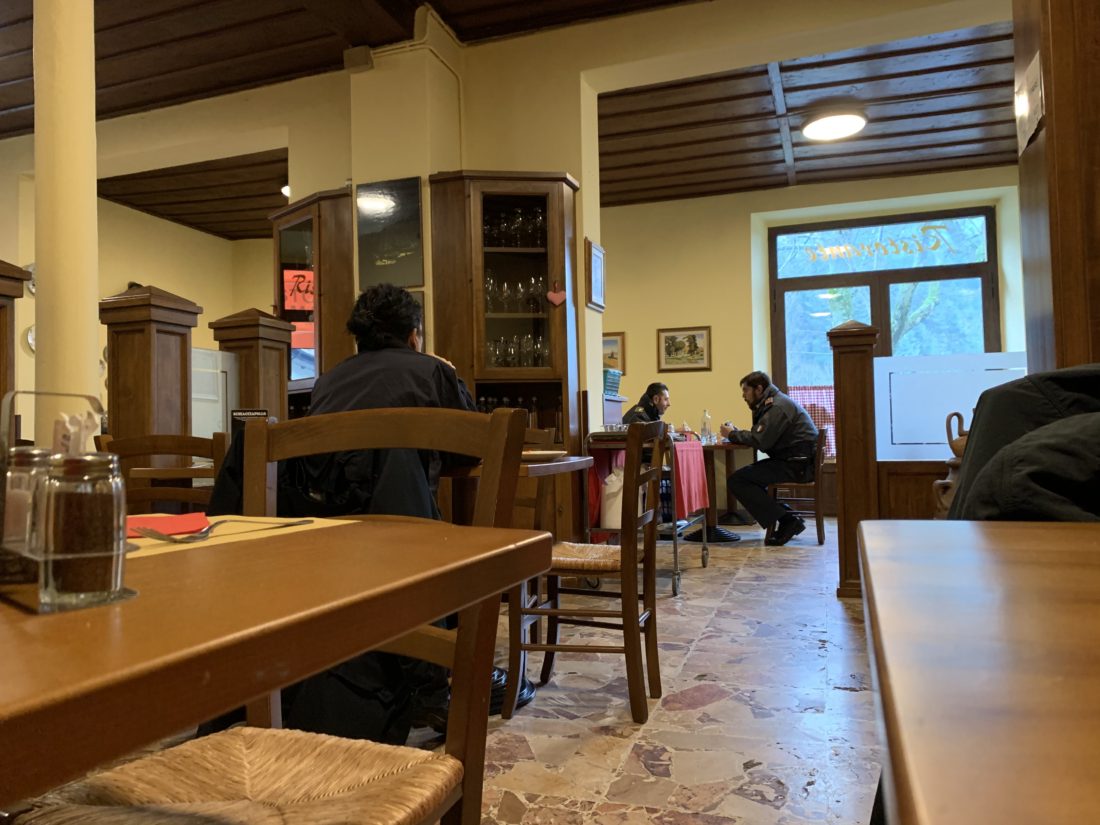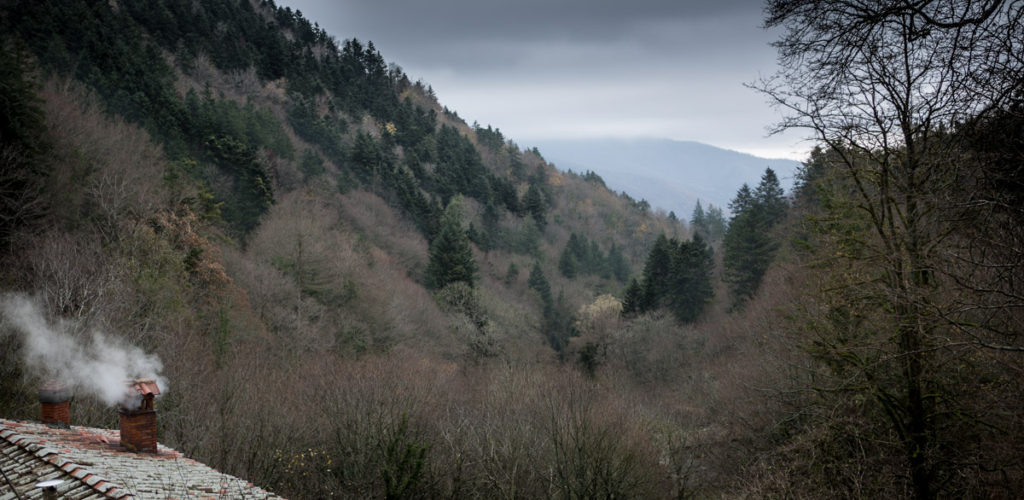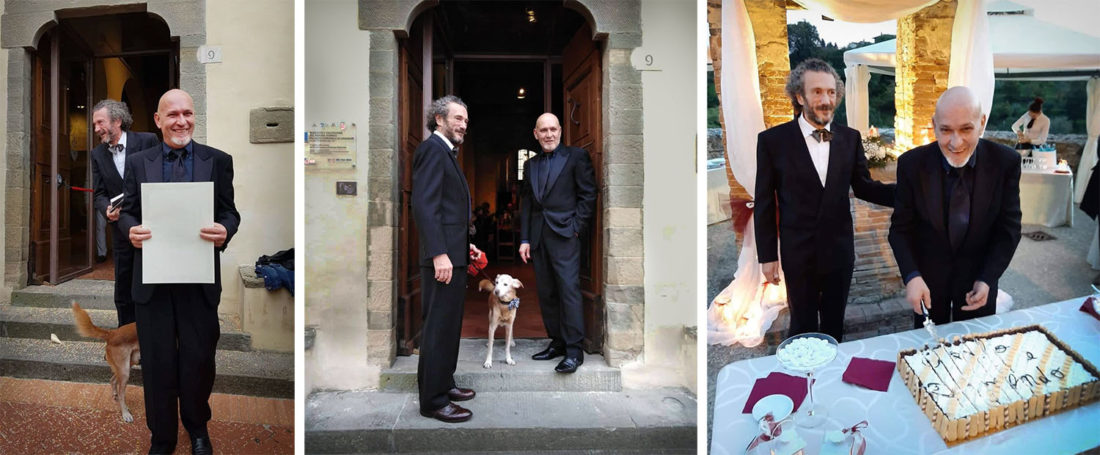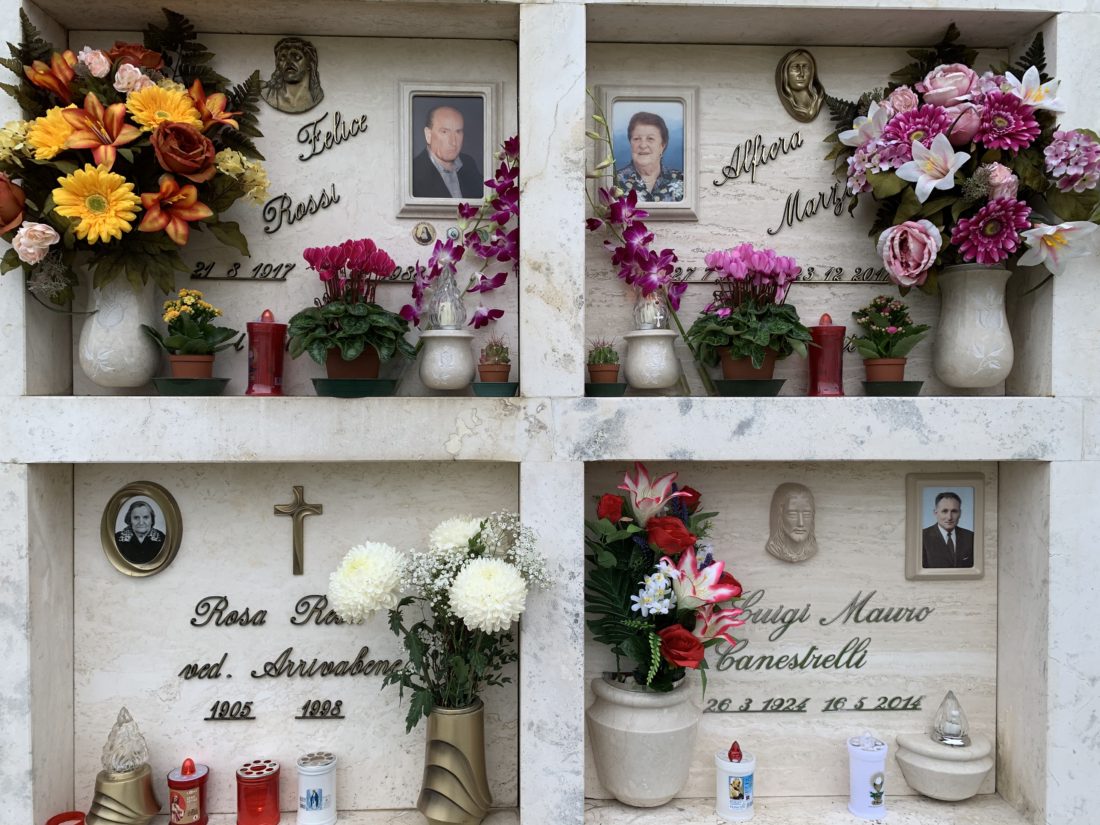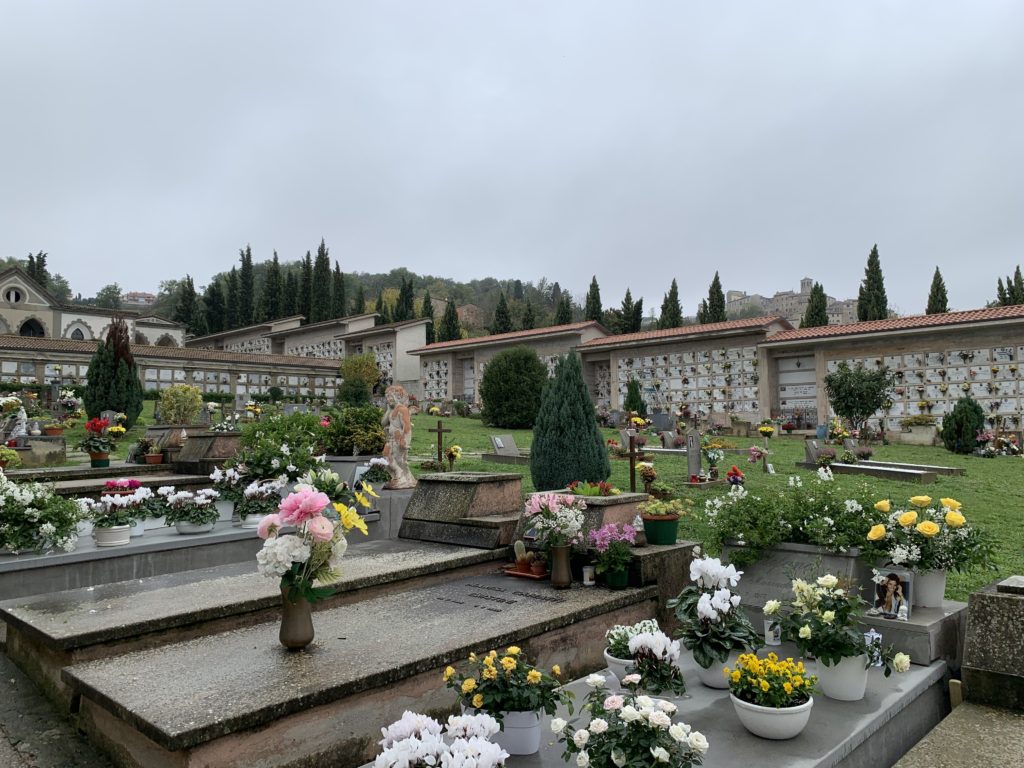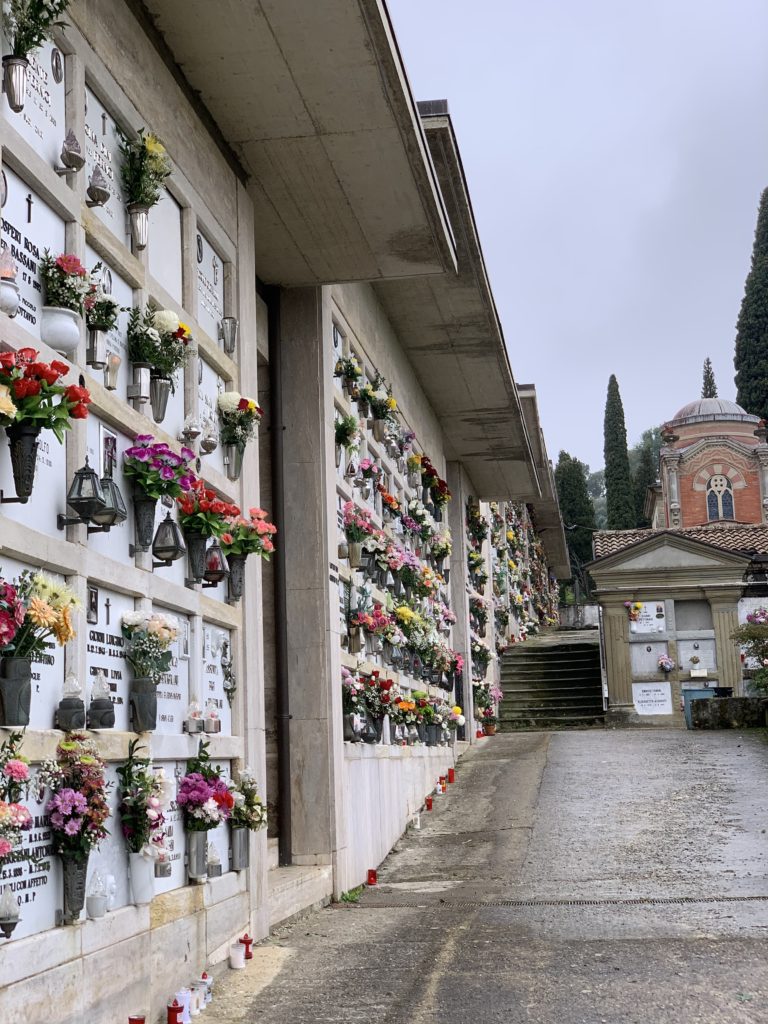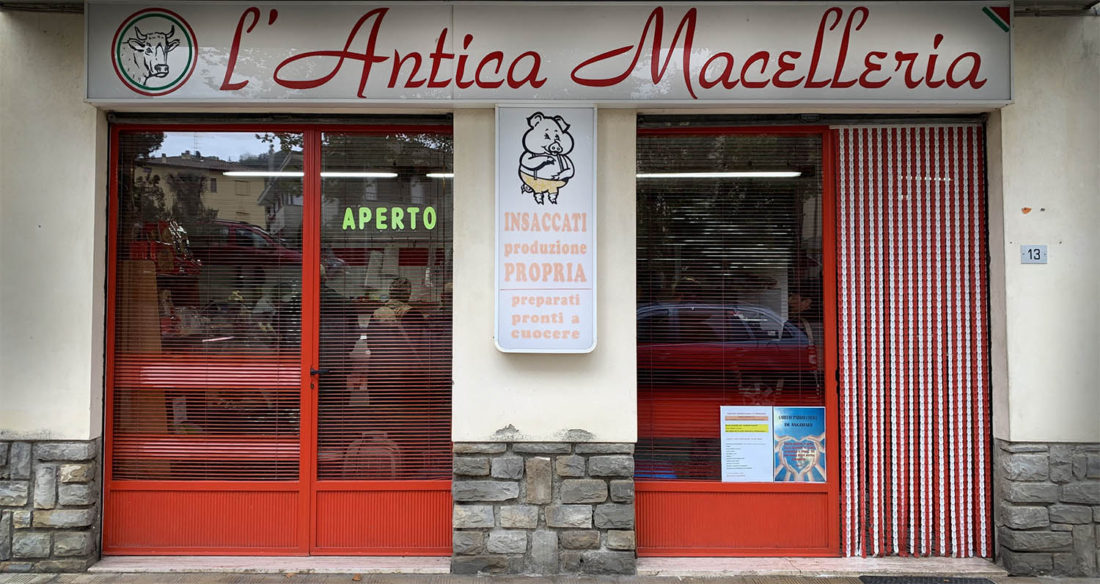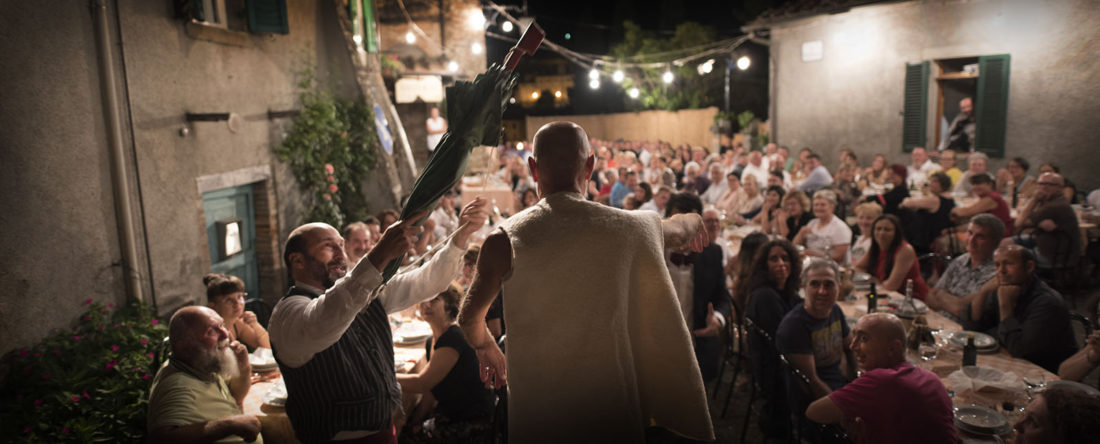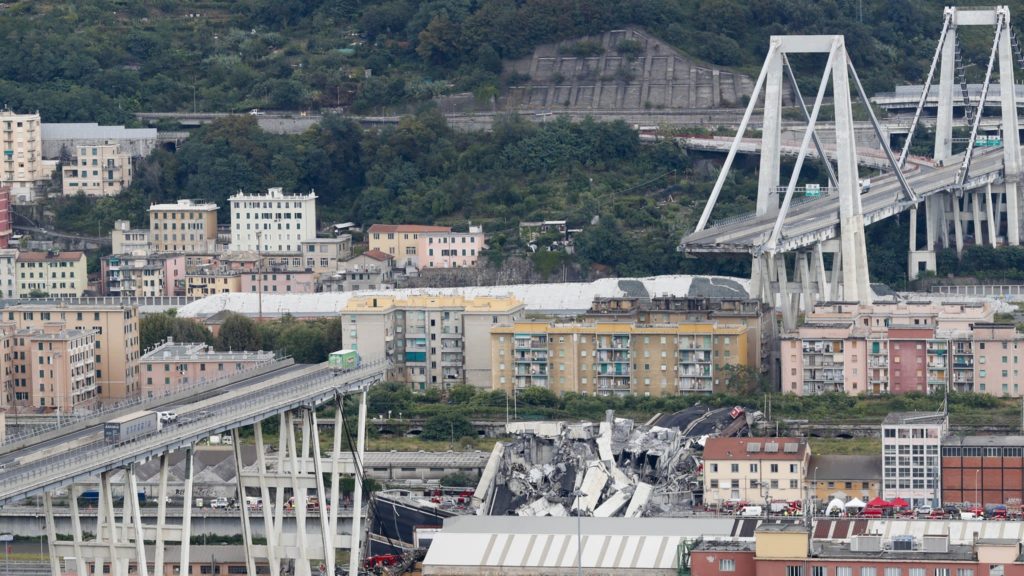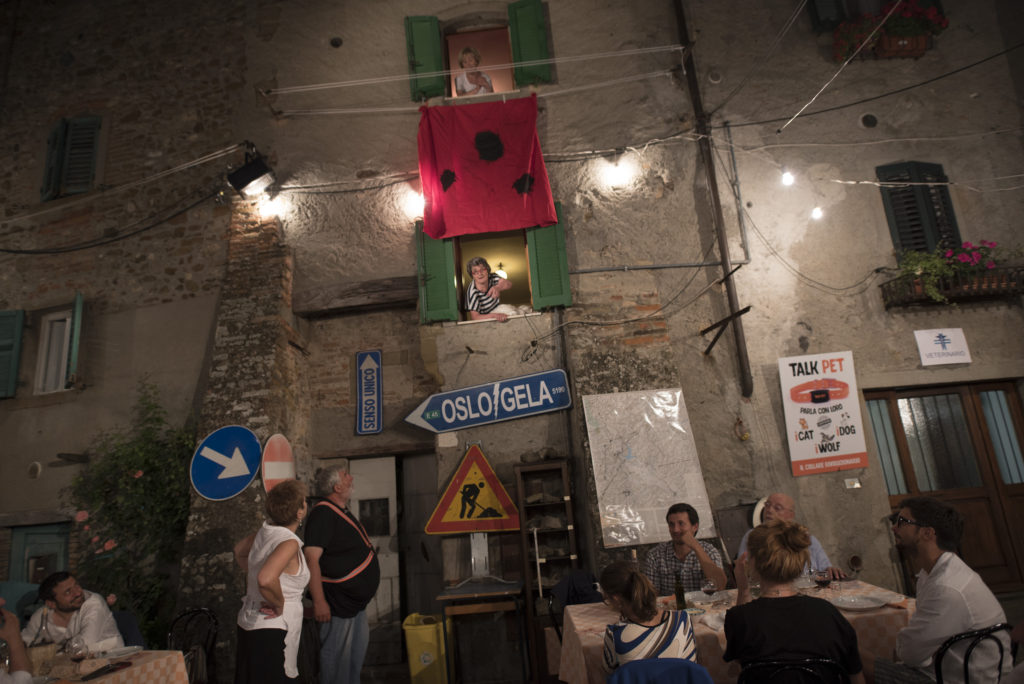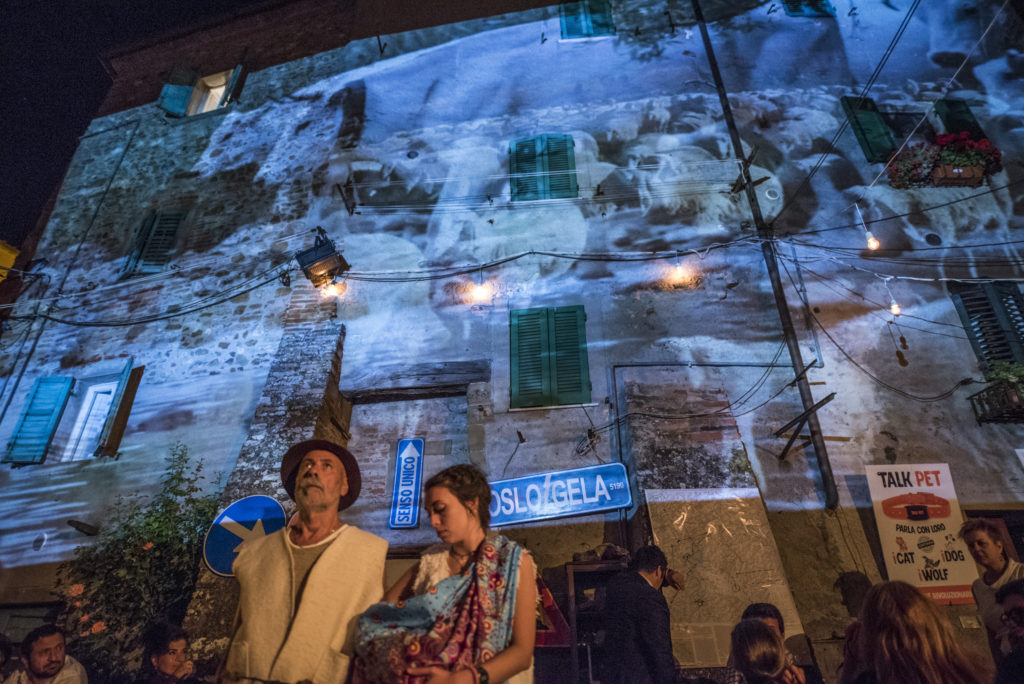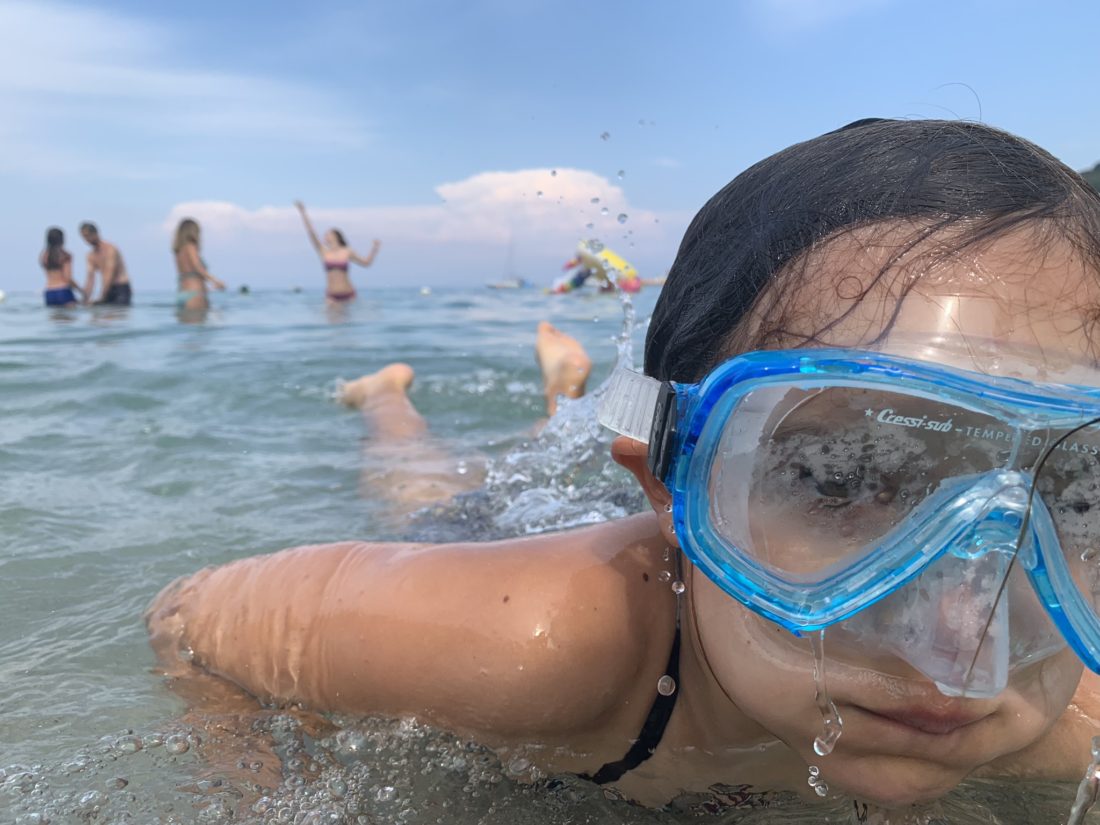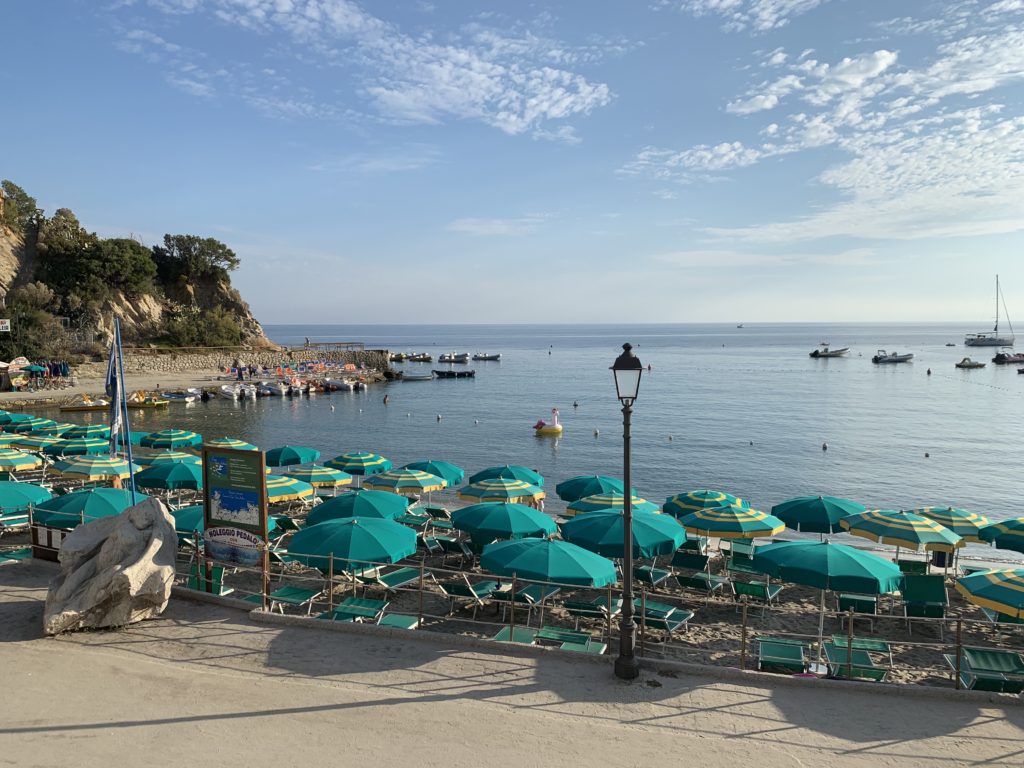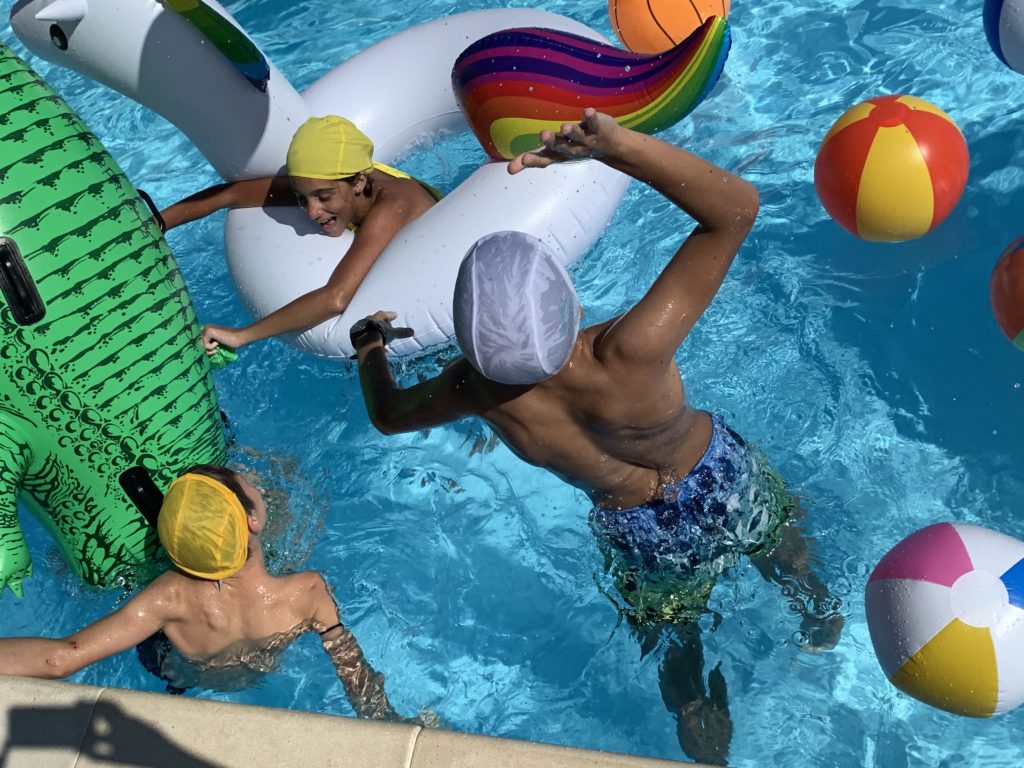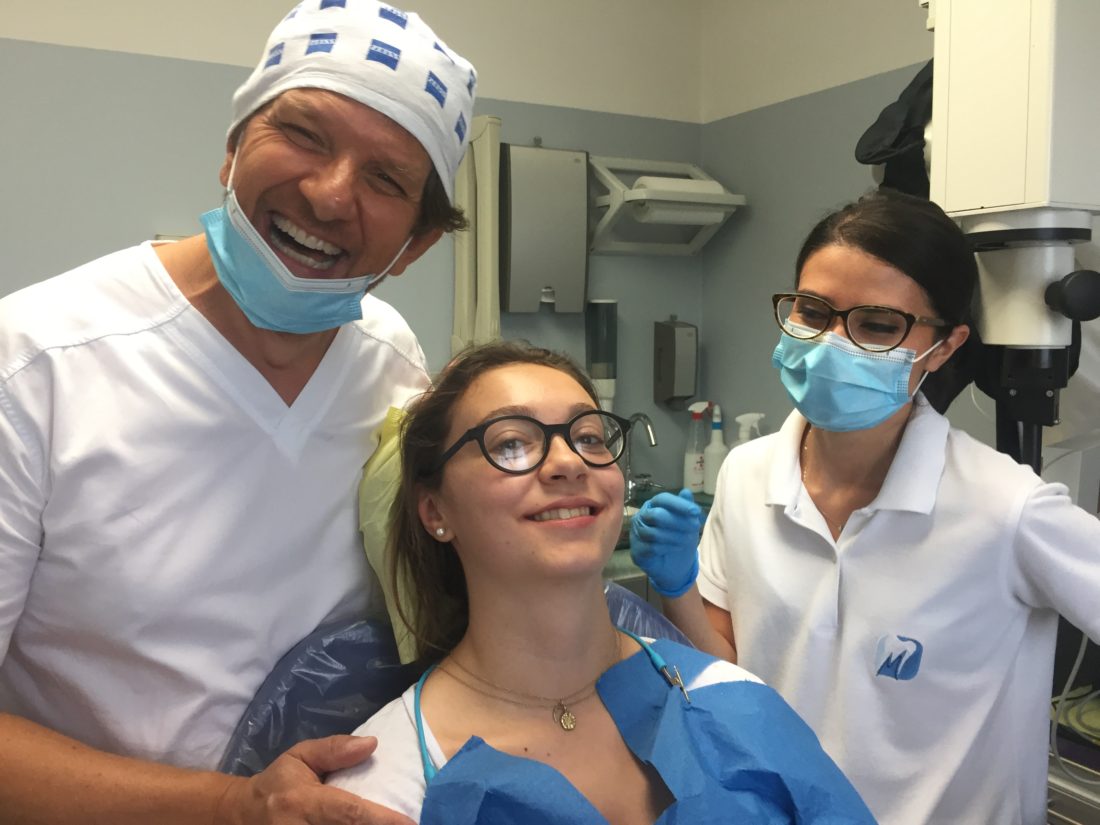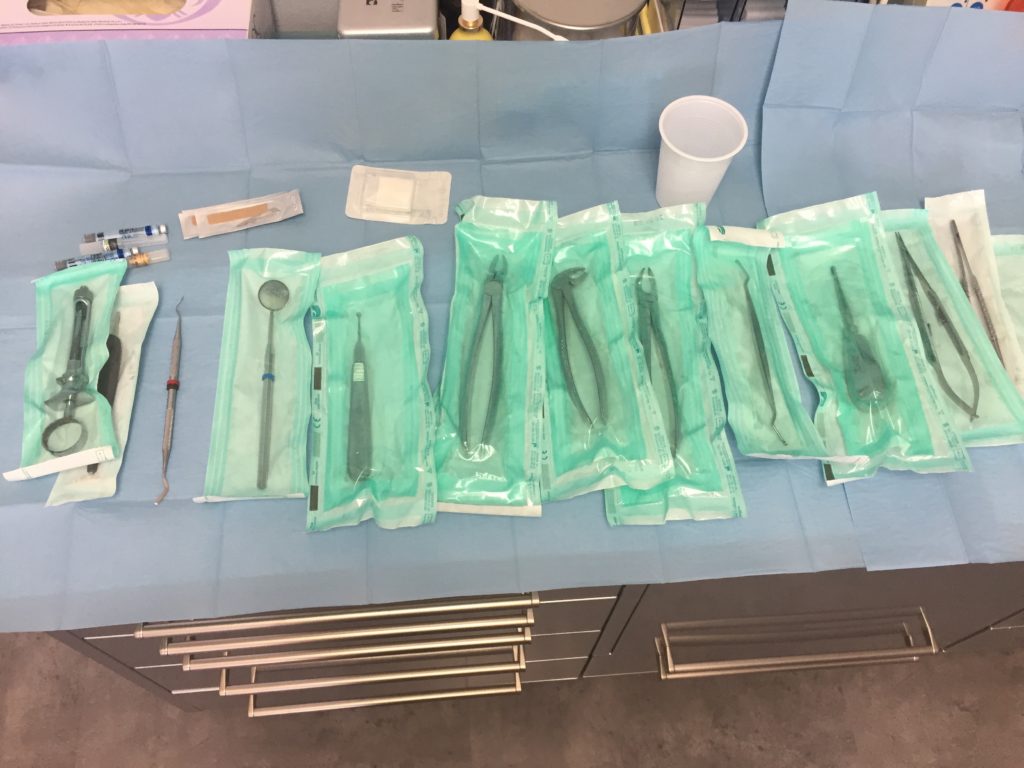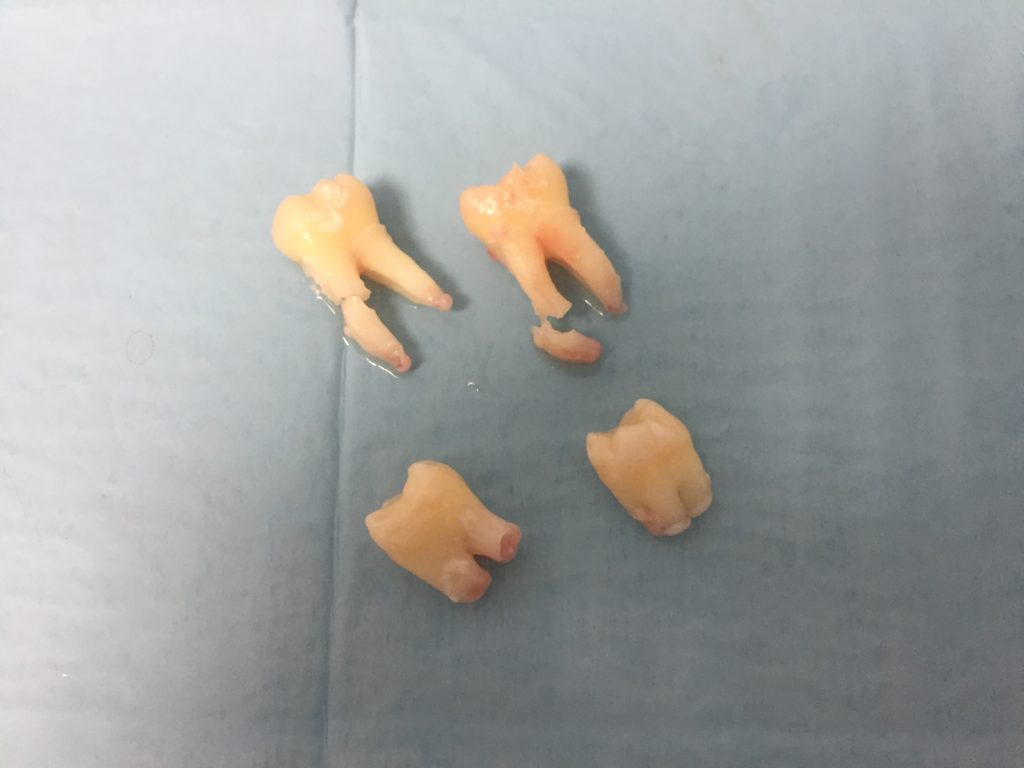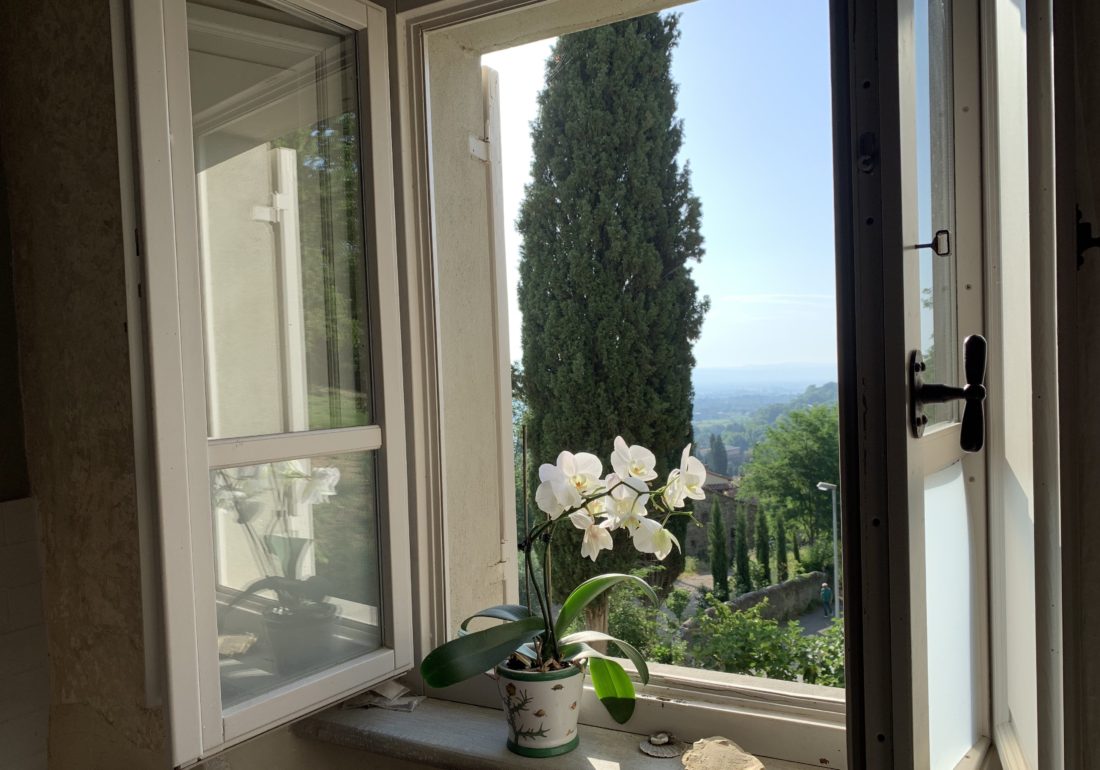Meanwhile at lunch…
I’ve just returned from a week in Paris followed by two in California and while my mind has been occupied by strikes and sales in Paris and traffic and tension in the Bay Area I kept remembering a few tidbits of news I wanted to share with you from the homefront.
Expansion at the farm stand

The farm stand, which serves a 10€ mostly vegetarian worker’s lunch made from their produce, always faces a significant issue when colder weather comes. Their unenclosed front porch, which holds four tables in addition to the two that fit inside, becomes much too cold to use and significantly decreases the number of lunches they can serve. But this year Michele solved it. I arrived one day to find him beaming with a decided spark in his eye putting the finishing touches on the porch enclosure, thanks to wood provided by produce crates, a few sheets of plastic, and a nail gun. This infrastructure, boosted by two pellet heaters, has done the trick and now they can operate at the full number of “tops” year round. I assume that the removal process to return it to an open porch come summer will not be too difficult as the installation took an afternoon.
The pig is no longer with us
Colder weather brings the spezzatura or dismantling of the pig. We were lucky enough to be invited to join a family for their annual event last year which was one of the most fascinating and completely Italian things I’ve done since moving here. The respect, care, and attention given to preparing a year’s worth of meat from an animal everyone knew moved me. A couple of days before I left the farm stand had killed their pig and completed the spezzatura. To celebrate Michele said they were preparing a very special lunch later in the week — freshly-made sausages and chestnut polenta — and asked if we wanted to come. I love the local fresh chestnuts (yes frequently roasted over open fires) but have a hearty suspicion of other chestnut-based delights. For many Tuscans if you combine chestnut flour with water, olive oil, rosemary, and pine nuts and bake the whole mess it is suddenly a revered dessert, castagnaccio. Unfortunately it looks just like a brownie. Do not make this mistake as I have.
Anyway, Michele was especially excited about the chestnut polenta. Silvia, standing behind him, mouthed that she was also going to make “something good”. With great reluctance John and I showed up the day of the feast and bravely opted for one order of the sausage and chestnut polenta. (We also got one order of the “something good” to cover our bases.)
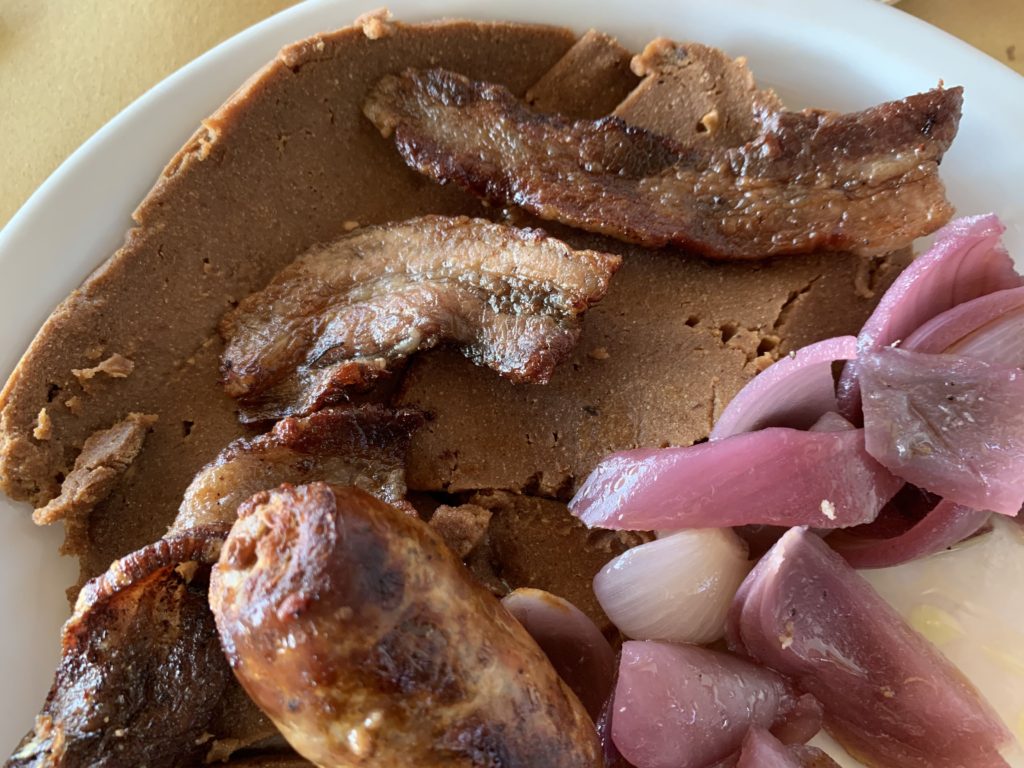 The sausage and pancetta from the pig were delicious, as were the onions. The chestnut polenta was not as bad as expected, much better than the castagnaccio dessert, even though it had a strong resemblance to Play Dough gone wrong. But I did not opt for the sweet version of the chestnut polenta, served with ricotta, for dessert. Instead I ordered the classic ramp up to carnevale and Lent Tuscan dessert, castagnole, which are bits of dough that are fried and around here often stained with runny dark red sugar (Christ’s blood?).
The sausage and pancetta from the pig were delicious, as were the onions. The chestnut polenta was not as bad as expected, much better than the castagnaccio dessert, even though it had a strong resemblance to Play Dough gone wrong. But I did not opt for the sweet version of the chestnut polenta, served with ricotta, for dessert. Instead I ordered the classic ramp up to carnevale and Lent Tuscan dessert, castagnole, which are bits of dough that are fried and around here often stained with runny dark red sugar (Christ’s blood?).
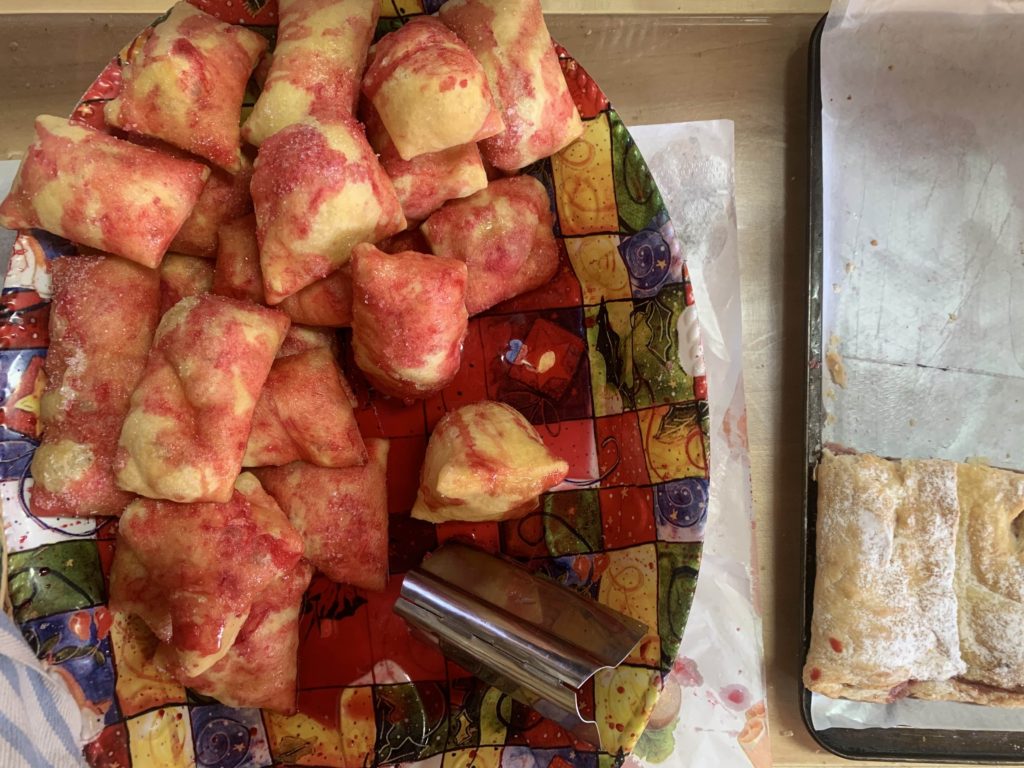
Royal Fascination
John and I happened to be having lunch at another local favorite while the emergency meeting was going on between the Queen, Prince Charles, and Prince William about how they were going to handle Megxit. I didn’t know this because I was following with rapt attention but because the large man with work overalls at the next table was. Propped up amidst his quarter litre of wine and pasta was his phone, loudly streaming the live coverage from the U.K. as the swarm of reporters waited on any news of the outcome of the meeting.
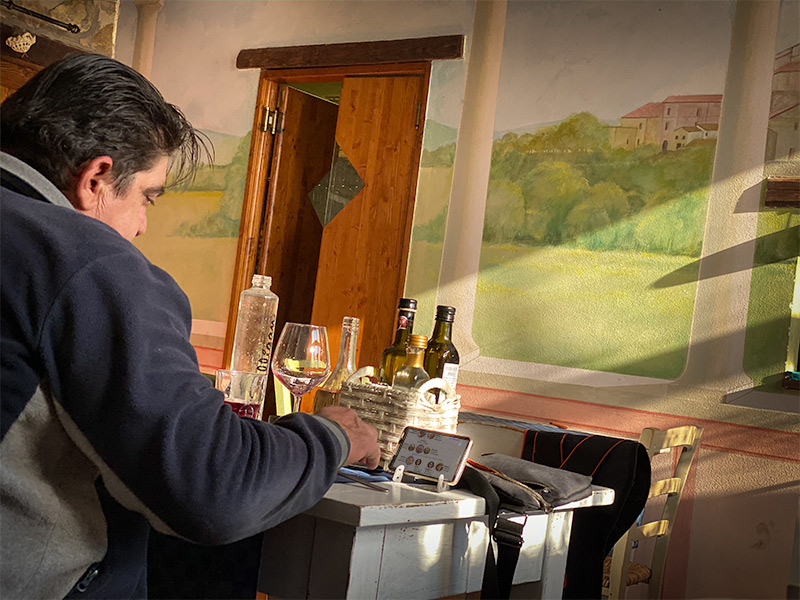
God save the Queen. And lunch.


